Cancer Pain
Not everyone with cancer experiences cancer pain, but over half will experience high levels of pain during their course of disease and treatment. If you have advanced cancer — cancer that has spread or recurred — your chance of experiencing cancer pain is even higher. In the United States alone, millions of people suffer from cancer pain. The World Health Organization reports that 85 – 97% of all cancer pain cases can be controlled.
Cancer pain can result from the cancer itself, cancer treatments (radiation and/or chemotherapy) or can result from the cancer growing into or destroying nearby tissue. Tumors may put pressure on nerves, bones or organs, causing pain. In addition, cancer pain may not just be from the physical effect of the cancer on a region of the body, but also due to chemicals that the cancer may secrete in the region of the tumor.
Often, cancer pain has two sources:
- Nociceptive pain refers to pain relayed by nerves with the job of conveying damage in a part of the body. The pain is usually felt as aching or pressure. This is how most cancer pain feels.
- Neuropathic (nerve) pain refers to pain caused by damage inside the nervous system. The pain is usually felt as sharp shooting and stabbing sensations.
Cancer treatments — such as chemotherapy, radiation and surgery — are another potential source of cancer pain. There is currently no effective way to control cancer pain in almost 90 percent of people. Pain control is extremely important, not only for people suffering from advanced cancer, but also for those whose condition may remain stable for years to come.
The assessment of cancer pain is an ongoing process requiring constant attention to new pain. New pain or changes in pain patterns may signal minor problems that are treatable, but changing pain should be looked into because it is a possible sign of growing disease. Because cancer pain management relies on the treatment of the disease causing the pain, finding the reasons for any new pain is extremely important.

Treatment options from Dr. David Provenzano
Dr. Provenzano performs thorough evaluations and develops personalized treatment plans that include the most advanced pain management techniques to treat cancer pain, which may include:
- Intrathecal Pumps
- Medication Management
- Minimally Invasive Pain Procedures
- Physical Therapy

Contact form
Or just call (412) 221-7640 and we’ll do everything we can to help.
Across all review platforms
Dr. David Provenzano, a leading expert throughout the nation for treating patients who suffer daily from pain, uses advanced diagnostic techniques to assess the source of the pain and develop a comprehensive and safe treatment approach that can significantly reduce your pain.

